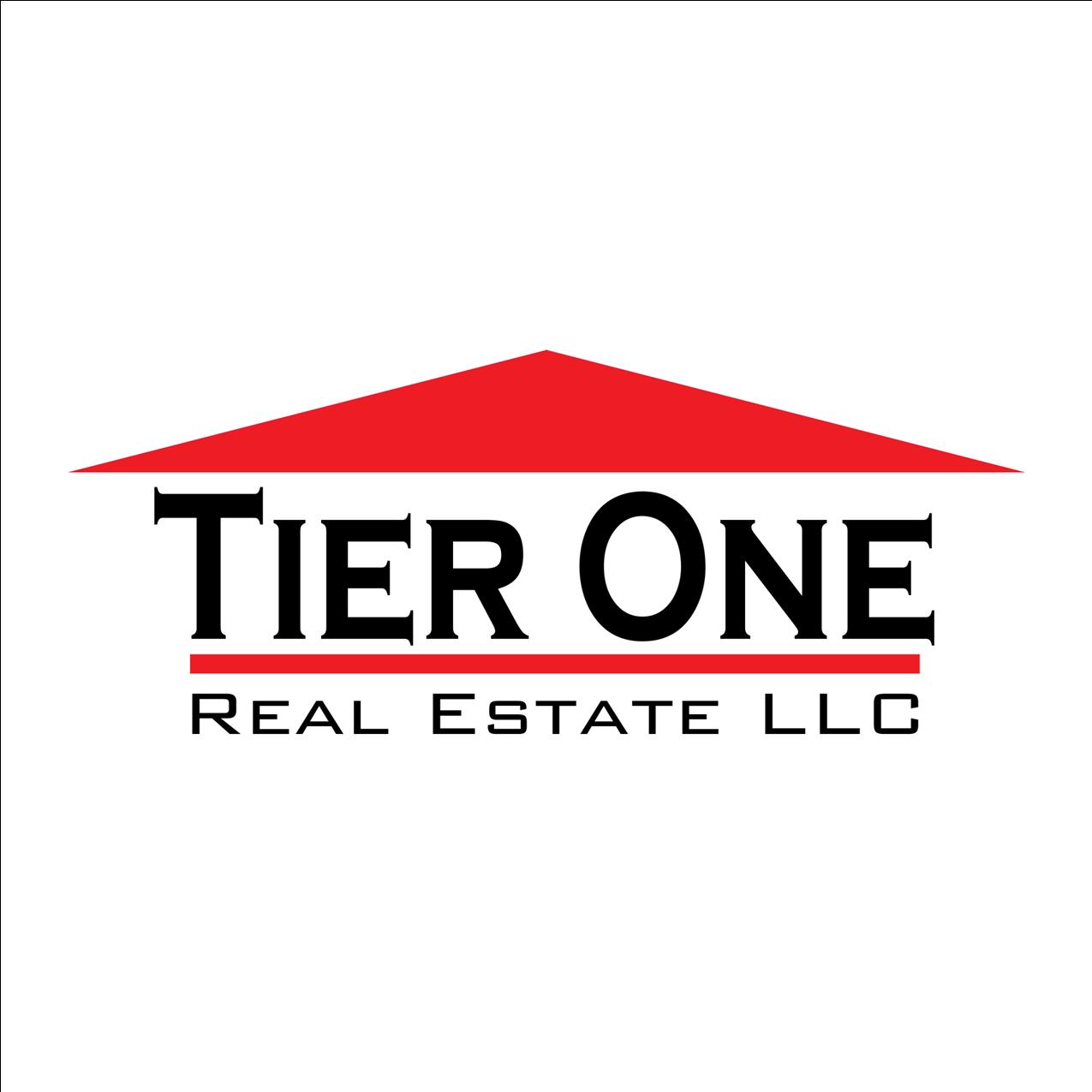Being a landlord in Salt Lake City can be rewarding, but it also comes with legal risks. Disputes over a lease agreement, missed rent payments, or property repairs can quickly escalate into costly lawsuits. That’s why understanding Utah landlord-tenant law is critical for protecting yourself, your rental unit, and your relationship with tenants.
Before we dive in, here are the main takeaways:
- Know your responsibilities under Utah law to avoid disputes with tenants.
- Put everything in writing, from rental agreements to repair requests and notices.
- Seeking legal help early, using resources like Utah Legal Services or private legal representation, can save time, money, and stress.
Why Utah Landlord-Tenant Law Matters
Utah landlord-tenant law provides the rules that guide landlord-tenant relationships across the state. It covers everything from when a tenant must pay rent, to how much notice is required for lease termination to what landlords must do when a rental unit has deficient conditions.
Following these laws is not only about compliance, it’s about protecting your investment as a property owner. A missed step in the eviction process or an improper landlord notice could land you in Utah courts, dealing with small claims or even larger disputes.
Tenants also have rights under state law, which means landlords need to balance protecting their business with respecting the well-being of renters. Clear communication and a proper written agreement are key.
Creating a Strong Rental Agreement
Every successful tenancy starts with an explicit lease agreement. Utah law requires a rental agreement to outline key details such as rent payment, late fees, security deposit rules, and repair requests. Without a written contract, disputes are far more likely.
When drafting a lease, make sure to:
- Spell out how and when tenants must pay rent.
- Include rules for late fees, repairs, and maintenance.
- Clarify the required notice period for lease early termination.
- Ensure both parties sign the written agreement before move-in.
A well-drafted lease doesn’t just protect landlords; it protects tenants, too, setting expectations that reduce confusion.
Understanding Security Deposit Rules
Few disputes are as common as arguments over a security deposit. Utah law is clear: landlords must provide an itemized list of any deductions and return the remaining money within 30 days of lease termination. Normal wear and tear cannot be deducted.
If a landlord fails to follow these rules, tenants can file a claim in small claims court. Keeping detailed records of the property’s condition before and after tenancy can help property owners avoid disputes later.
Property Owners’ Legal Responsibilities
As a landlord, you are responsible for ensuring the rental unit is safe and habitable. Utah law requires essential services like hot water, heating, and repairs to be maintained. If a landlord fails to make necessary repairs after a written demand, tenants may pursue rent abatement or other legal remedies.
Remember, a rental property is not just a business asset; it’s someone’s home. Taking care of repairs quickly protects your tenants’ health and well-being while also protecting you from legal trouble.
Protecting Tenant Rights
Tenants in Utah are entitled to fair treatment under state law. That includes the right to live in safe housing, protection against unfair eviction, and access to legal help if disputes arise. In some situations, such as domestic violence cases, Utah law even allows tenants to break a lease early without penalty.
For landlords, respecting these rights is essential to avoid lawsuits. Providing written notice, responding to repair requests promptly, and following the eviction process step by step shows both professionalism and compliance.
Rent, Fees, and Notices
Money is often at the heart of landlord-tenant disputes. Utah law allows landlords to collect rent and late fees, but there are limits. Clear rental agreements that explain how much rent is due, how payment should be made, and when late fees apply can prevent confusion.
If you need to increase rent or change terms, you must provide proper written notice. The amount of notice depends on tenancy type and circumstances. Asking, “How much notice is required?” is a common question, and the answer depends on both Utah landlord-tenant law and what your lease agreement specifies.
Lease Termination and Eviction Process
Ending a lease is not always simple. Whether it’s for nonpayment, damage to the premises, or lease violations, landlords must follow the eviction process laid out in Utah law. That includes providing an eviction notice, filing paperwork with Utah state courts if needed, and allowing tenants time to respond.
Failing to follow the correct steps can lead to dismissal in court, delays, or even liability for damages. Commercial landlords face similar requirements and must be equally careful.
Resolving Disputes Without Court
Not all disputes need to end in a courtroom. Mediation, written agreements, and open communication can often resolve issues before they escalate. Still, if money is involved, small claims court is usually the go-to option for tenants and landlords alike.
Non-criminal cases such as deposit disputes, unpaid rent, or disagreements over repairs are common in Utah courts. Having clear documentation, receipts, and a copy of the lease agreement can make all the difference.
Legal Resources in Utah
Whether you’re a tenant or landlord, you don’t need to navigate these issues alone. Resources include:
- Utah Legal Services – provides free or low-cost legal help to eligible clients. An intake form is often required.
- Utah State Courts – offer information on landlord-tenant disputes, small claims, and eviction processes.
- Private Attorneys – legal representation can be valuable, especially in complex disputes involving property or family law overlaps.
Using these resources early can help prevent costly mistakes.
Final Tips for Avoiding Lawsuits
Avoiding legal disputes in Salt Lake City comes down to three principles:
- Know the law – Follow Utah landlord-tenant law carefully.
- Put everything in writing – from repair requests to eviction notices - as documentation protects everyone.
- Seek help when needed – Legal help, mediation, or advice from attorneys can protect your business and well-being.
At TierOne Real Estate, we help landlords manage their properties with confidence. From drafting strong lease agreements to handling eviction notices and property repairs, our team makes sure landlords comply with Utah law while protecting their investments. If you want to protect your rental property and avoid costly disputes, explore our services or contact us today.
FAQs: Landlord Lawsuits and Legal Tips in Utah
Q1: How much notice must a landlord give before ending a lease in Utah?
It depends on the tenancy type. Month-to-month rentals generally require 15 days’ written notice, while other lease agreements follow the terms in the contract. Always check state law and your rental agreement.
Q2: What happens if a landlord fails to return a security deposit on time?
If a landlord doesn’t provide the required itemized list and refund, tenants may file a claim in small claims court. Landlords may also be liable for additional monetary damages under Utah law.
Q3: Can a tenant break a lease early in Utah?
Yes, but only under certain circumstances. Domestic violence cases, unsafe housing conditions, or military service may allow lease termination without penalty. Otherwise, tenants may still owe rent payments until the rental unit is re-rented.
Q4: What is rent abatement, and when does it apply?
Rent abatement allows tenants to reduce or withhold rent when deficient conditions make the rental unit uninhabitable. Tenants must provide written notice and follow state law requirements before doing so.
Q5: Do landlords need legal representation for disputes?
Not always. Many disputes can be handled in small claims court without an attorney. However, for more complex cases, especially those involving commercial landlords or multiple properties, legal representation is highly recommended.



